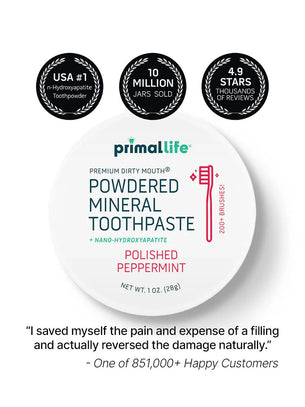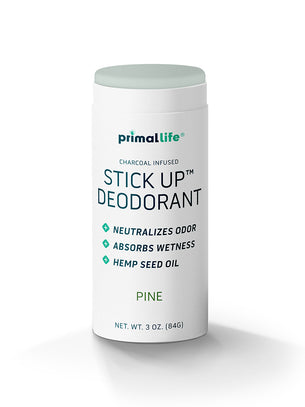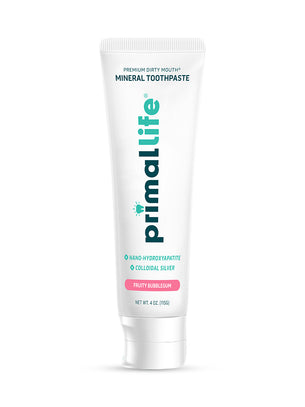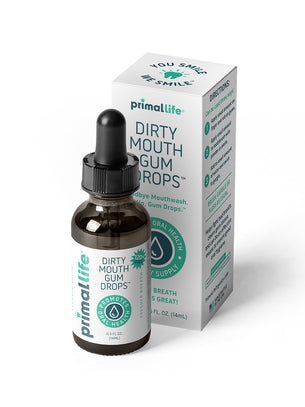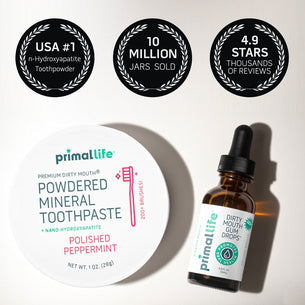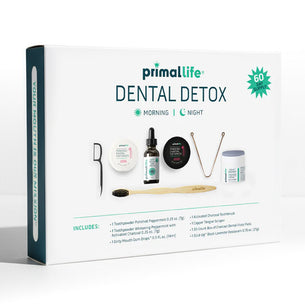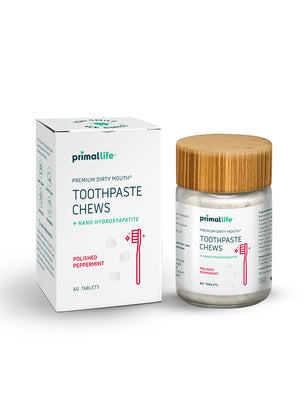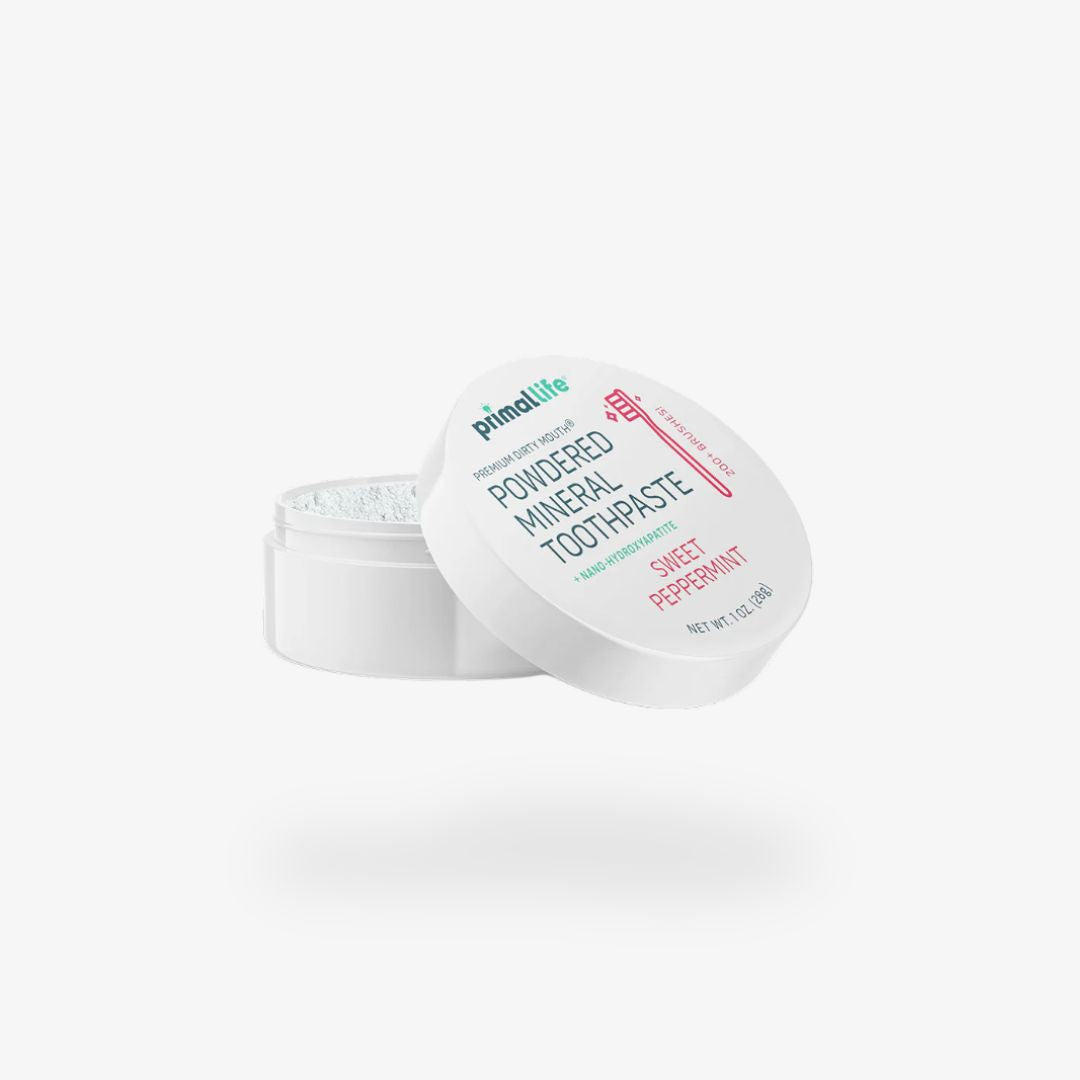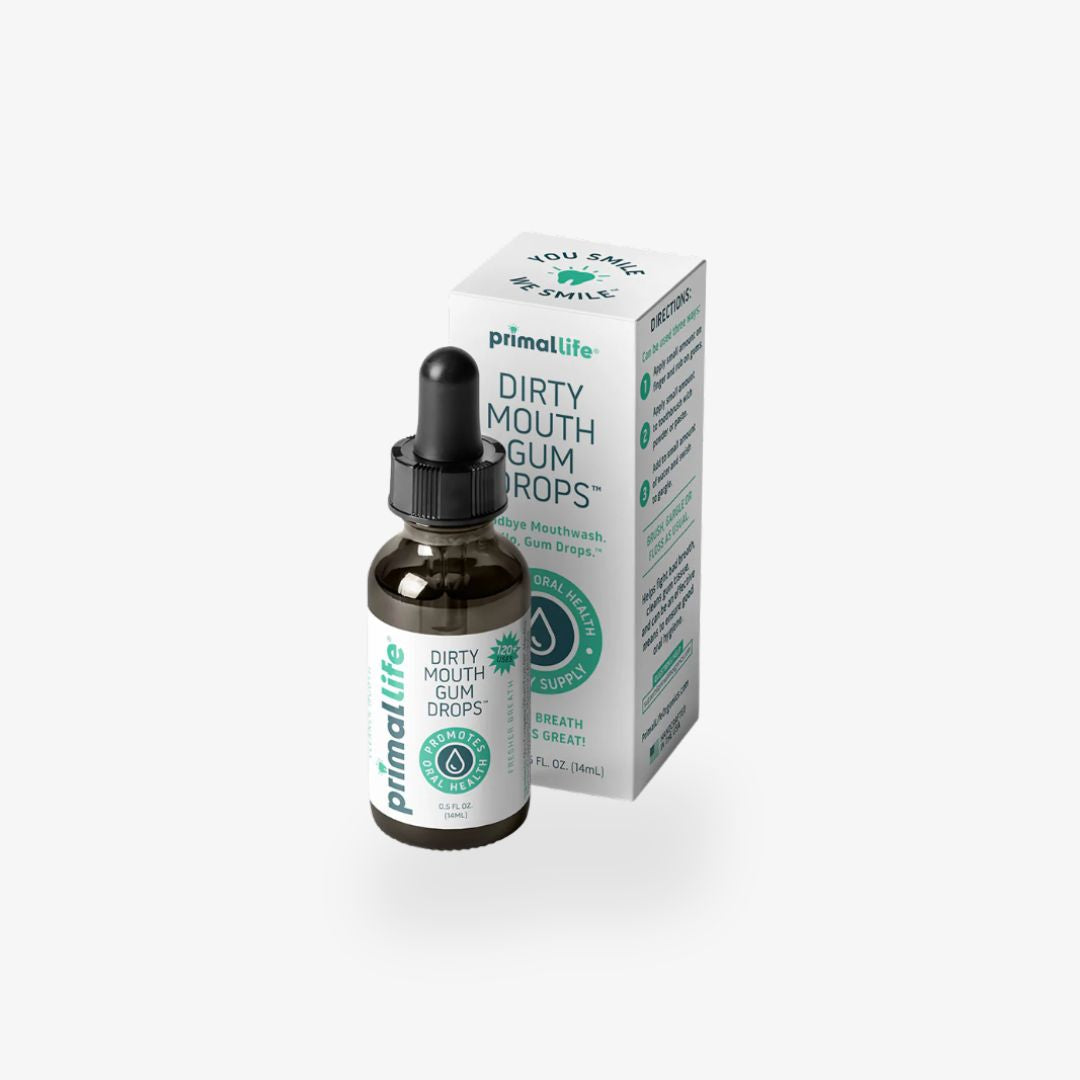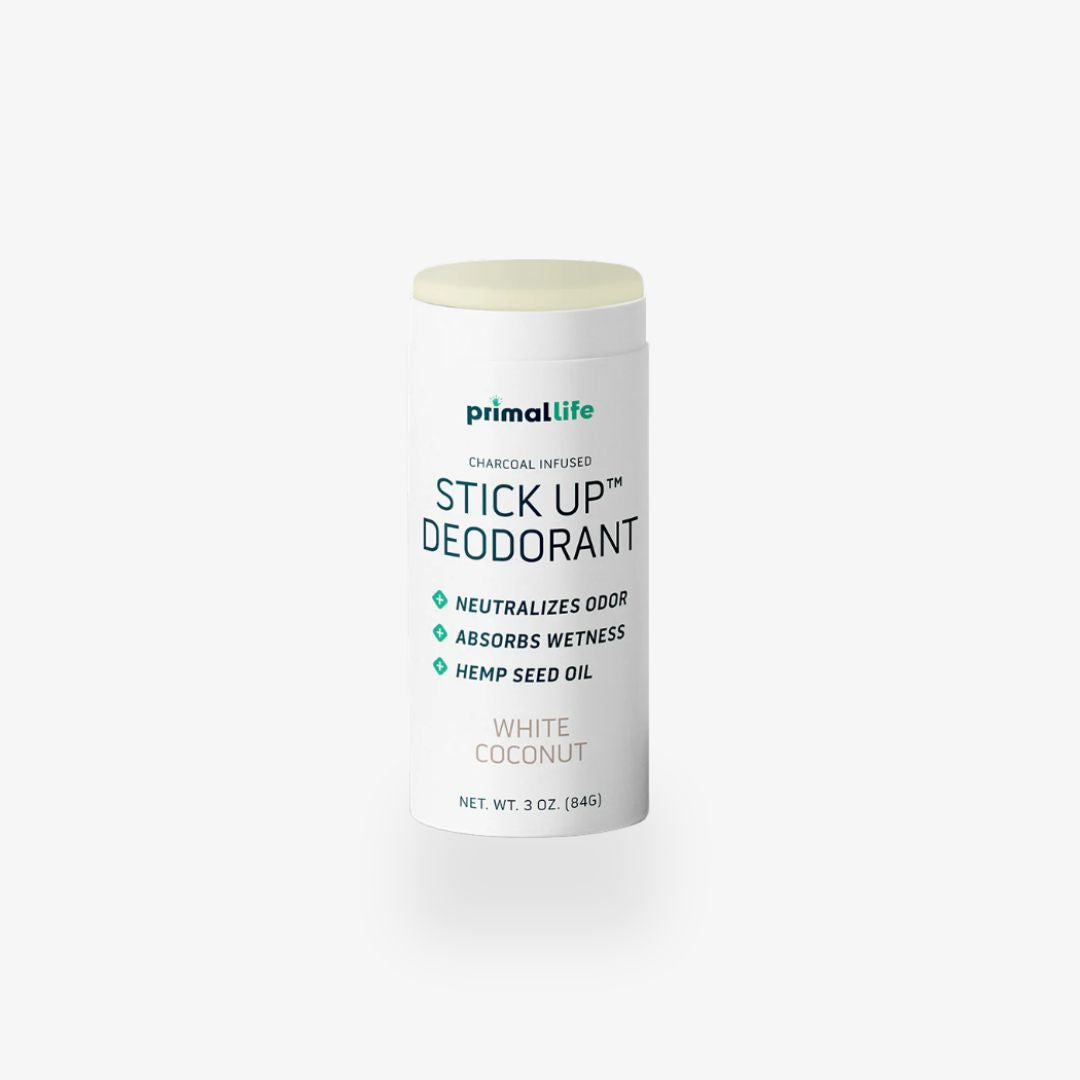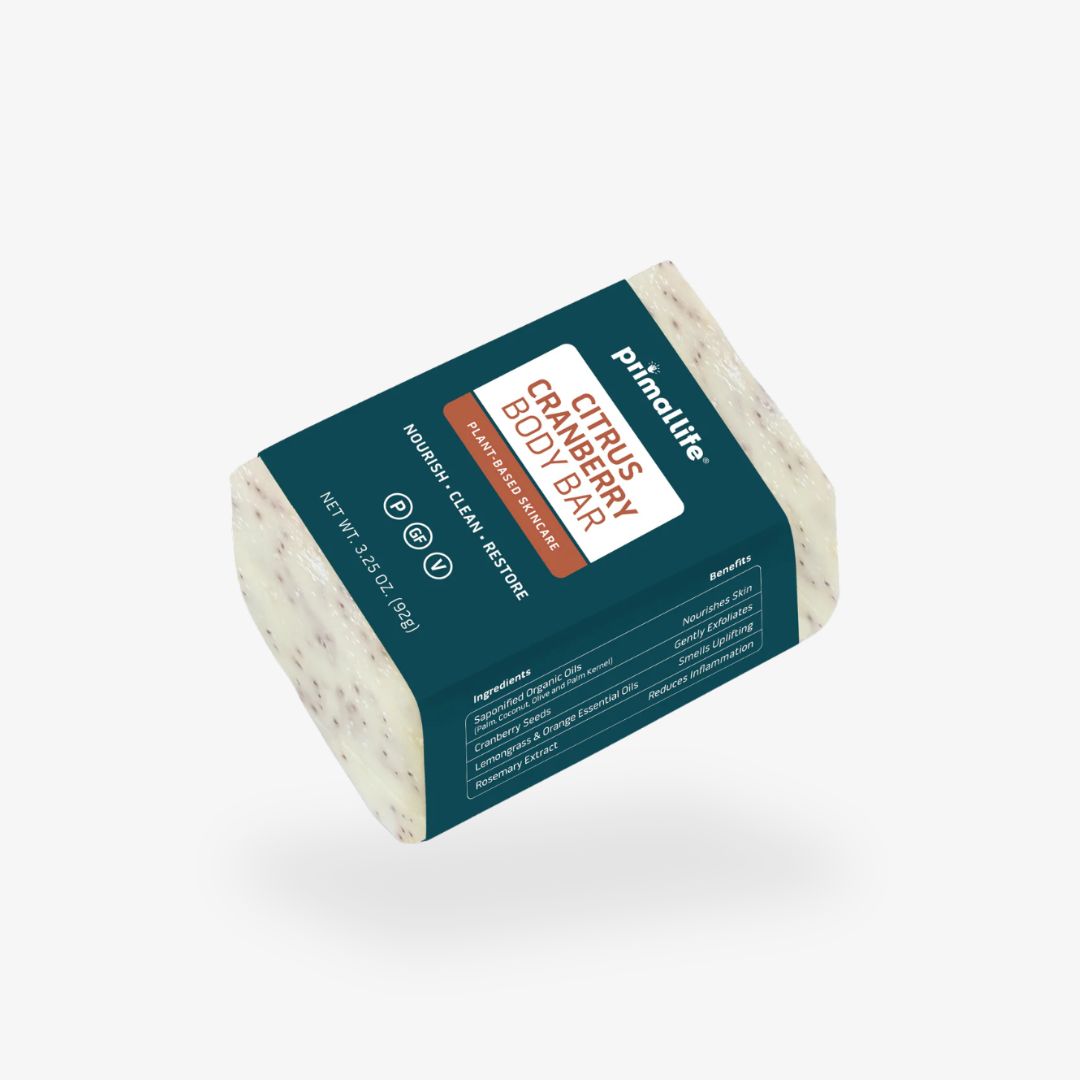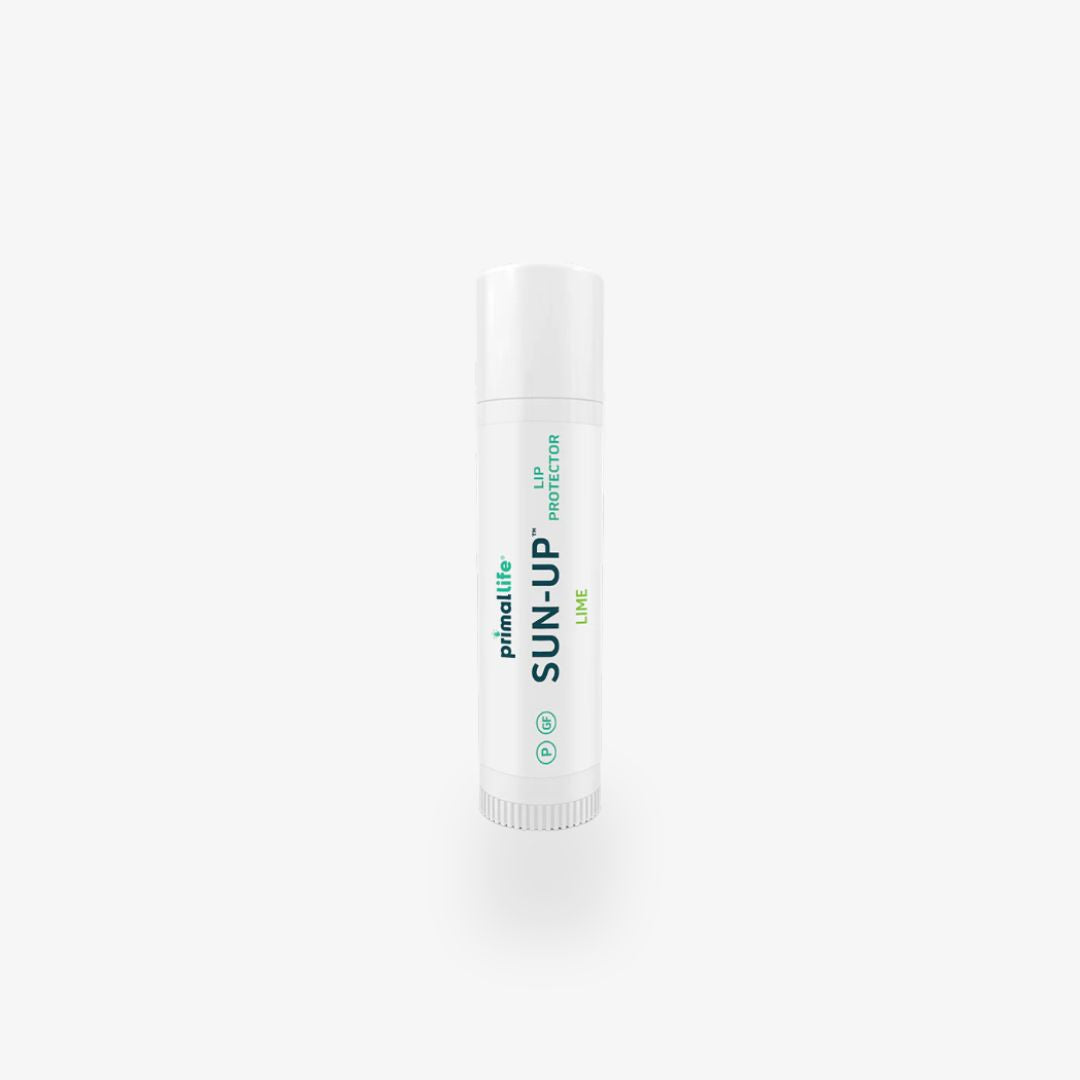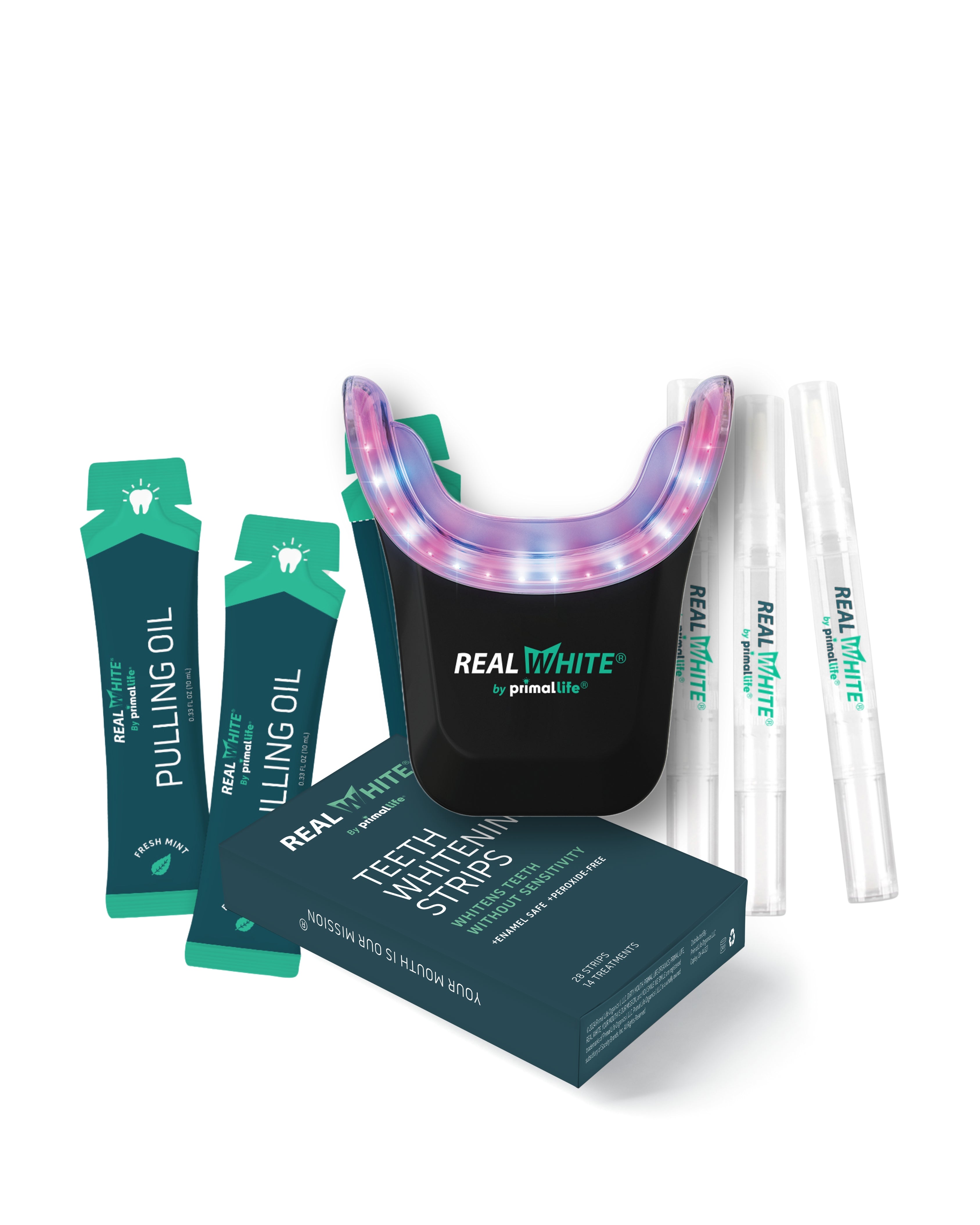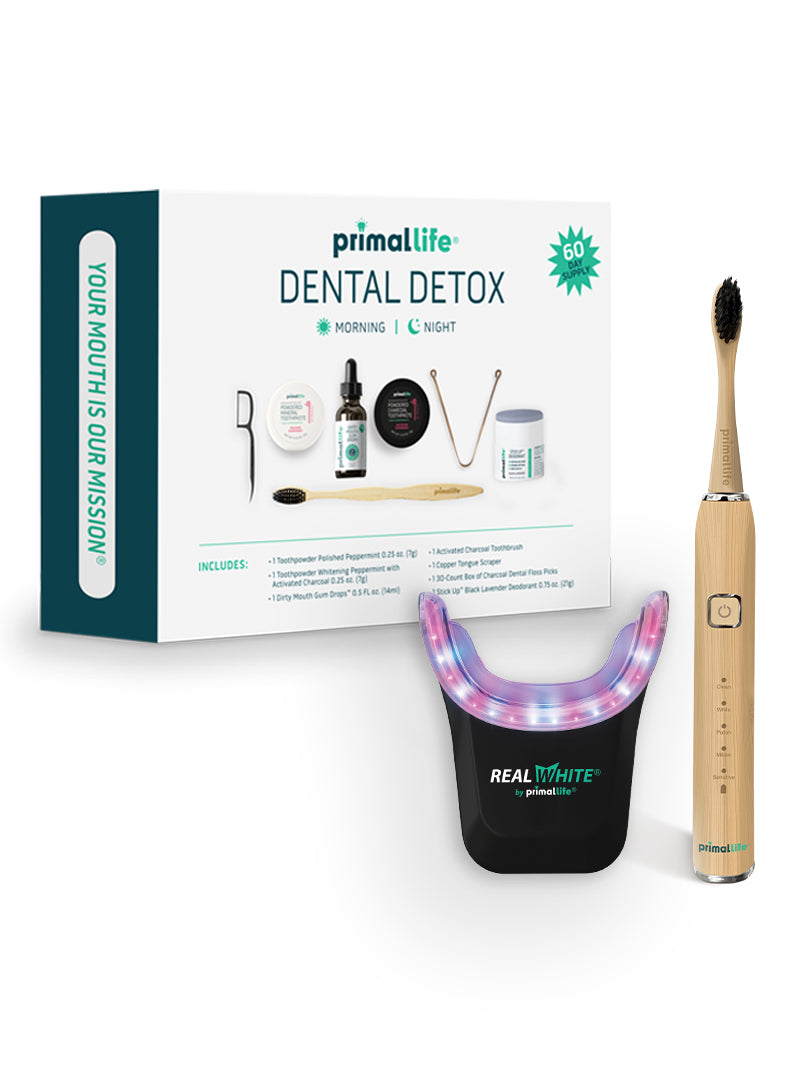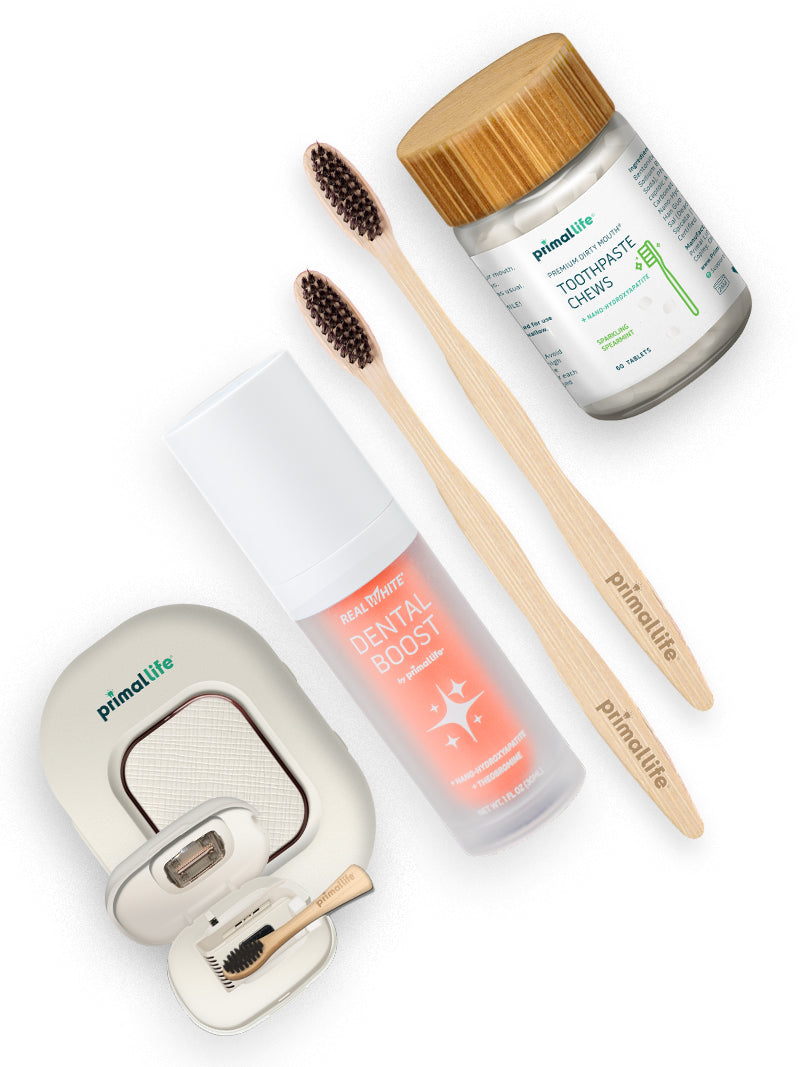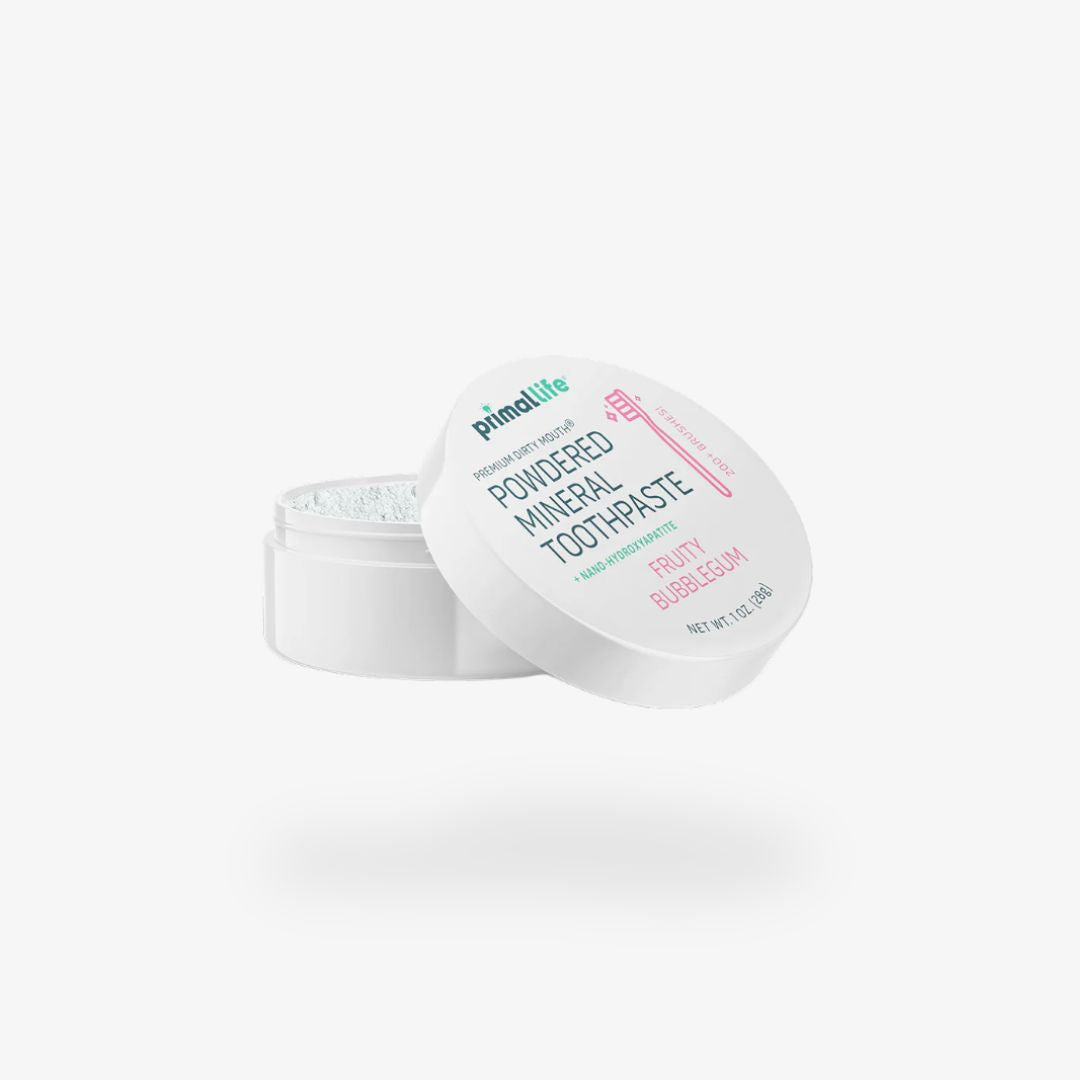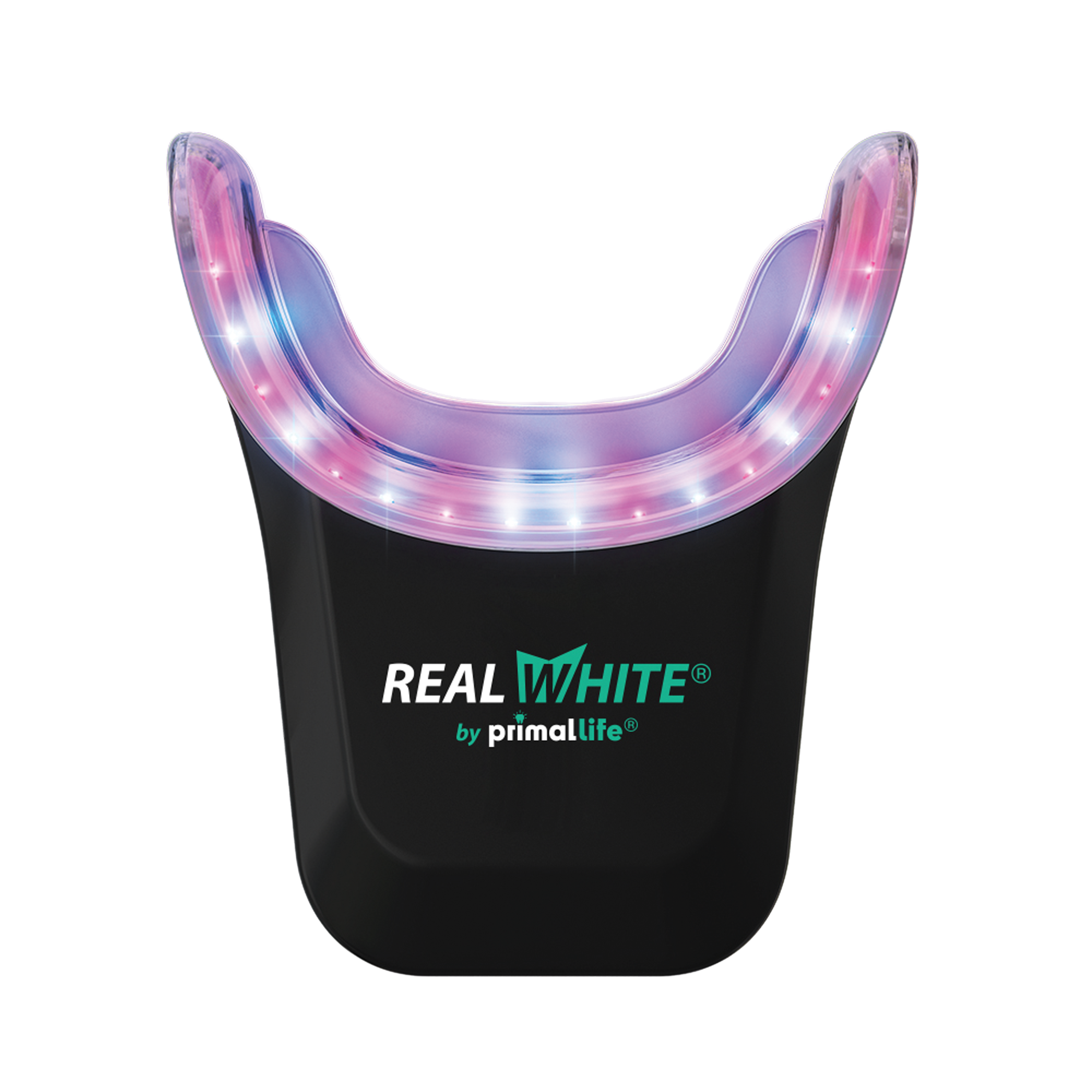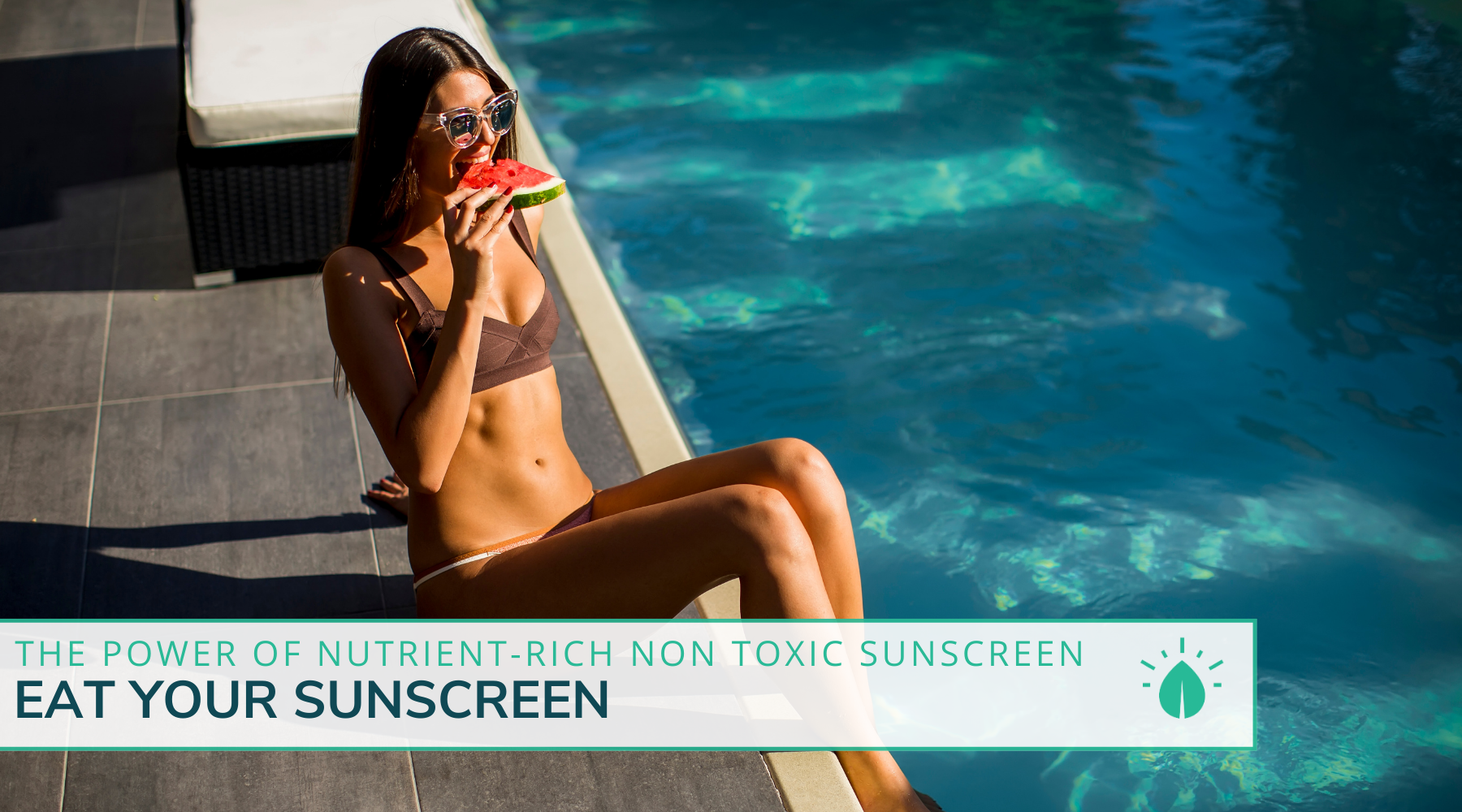Despite the widespread use of sunscreen and increased awareness of sun protection measures, the rates of skin cancer have continued to rise steadily over the years.
Surprisingly, some studies even suggest that the use of sunscreen might be associated with increased rates of melanoma. Moreover, emerging research indicates that certain sunscreen ingredients may contribute to reactive-oxygen-species-mediated DNA damage, raising concerns about their long-term effects on skin health.
Additionally, emerging research suggests traditional topical sunscreen methods don't even offer comprehensive protection against the harmful effects of ultraviolet (UV) radiation.
These realizations have sparked a growing recognition of the need for alternative approaches to fortify the skin and enhance photoprotection, all without introducing potential toxicity concerns.
In response to this ongoing challenge, scientists and researchers have redirected their focus to the remarkable properties of certain foods. As it turns out, these foods can bolster the skin's defense against UV rays, literally enabling us to “eat our sunscreen.”
Join us as we explore the concept of "eating your sunscreen" and discover how incorporating certain foods into your diet, in addition to nourishing your skin topically, could provide an additional layer of protection against the sun's harmful rays.
Toxic Chemicals in Commercial Sunscreens
The concept of “eating your sunscreen” is something that certainly is not a possibility when it comes to conventional sunscreen.
Despite their promise of shielding us from harmful UV rays, many conventional sunscreens come with a hidden cost – the presence of toxic chemicals that pose risks to both our health and the environment.
Containing ingredients like oxybenzone, octinoxate, and homosalate, these chemicals have long been associated with a myriad of health concerns and environmental issues.
Let's take a closer look at the potential risks associated with these ingredients:
Oxybenzone: This chemical sunscreen ingredient has raised significant concerns due to its potential to disrupt hormone levels in the body. Studies have shown that oxybenzone can mimic estrogen, leading to hormone imbalances and reproductive issues. Moreover, oxybenzone has been detected in human breast milk, highlighting the widespread exposure to this harmful chemical.
Octinoxate: Another troubling ingredient found in many sunscreens is octinoxate, which has been associated with allergic reactions and skin irritation. Additionally, octinoxate has been shown to disrupt thyroid function in animal studies, raising concerns about its impact on human health.
Homosalate: Widely used to enhance UV protection in sunscreen formulations, homosalate has been found to accumulate in the body over time. Research suggests that prolonged exposure to homosalate may disrupt hormone levels and contribute to reproductive issues. Furthermore, homosalate has been detected in aquatic environments, posing a threat to marine life and coral reefs.
The presence of these toxic chemicals in commercial sunscreens underscores the importance of seeking safer alternatives. While conventional sunscreens may offer some protection from UV rays, the long-term consequences of exposure to these harmful ingredients cannot be ignored.
By opting for non-toxic sunscreen options, including the concept of eating your sunscreen, we can prioritize both our health and the well-being of the planet.
Eat Your Sunscreen
It’s no secret that what you eat impacts everything from your energy levels to your overall health. But in fact, your diet can also play a significant role in your skin's ability to defend against the sun's harmful rays!
Research shows that certain nutrients found in our diet can enhance our internal SPF and bolster our skin's natural defenses. By incorporating specific nutrients into our diet, we can enhance our internal SPF and bolster our skin's natural defenses. These nutrients act as internal sun protectors, complementing the benefits of external sunscreen application.
And it’s not just the food on your plate that can boost our skin’s internal SPF. Our skin has the remarkable ability to absorb nutrients not only from the foods we eat but also from the products we apply topically.
Studies have shown that up to 60% of what we apply to our skin can be absorbed into the bloodstream, influencing our overall health and well-being. This means that choosing skincare products made with nourishing ingredients can effectively 'feed' our skin, providing it with the essential nutrients it needs to thrive and defend against environmental stressors like UV radiation.
Just as we nourish our bodies from the inside out, we can also nourish our skin from the outside in, creating a holistic approach to sun protection and skincare.
Nutrients for Enhanced Sun Protection:
So what are the nutrients our skin needs to boost our internal SPF protection?
Antioxidants: Foods rich in antioxidants play a crucial role in mitigating the damaging effects of UV radiation. Berries, dark chocolate, leafy greens, and nuts are excellent sources of antioxidants that help combat oxidative stress and inflammation induced by sun exposure.
Vitamins: Several vitamins play crucial roles in supporting skin health and providing protection against sun damage. These include:
- Vitamin A: Supports skin cell repair and regeneration, helping to maintain healthy skin function.
- Vitamin C: Promotes collagen synthesis, which helps to maintain skin elasticity and repair sun-induced damage.
- Vitamin D: Essential for immune function and helps to regulate skin cell growth and repair.
- Vitamin E: Acts as an antioxidant, protecting skin cells from oxidative damage caused by UV radiation.
Healthy Fats: Incorporating healthy fats into our diet, such as omega-3 fatty acids found in fish, flaxseeds, and walnuts, can enhance skin hydration and elasticity. These fats help strengthen the skin's natural barrier, reducing moisture loss and inflammation associated with sun damage.
Nourishing Your Skin with Topical Sun Protection: Eating Your Sunscreen
At Primal Life Organics, we've embraced the concept of "eating your sunscreen" by incorporating skin-loving nutrients into our skincare formulations. Our holistic approach to sun care focuses not only on protecting your skin from the inside out but also on nourishing it from the outside in.
Crafted from natural sources like red raspberry seed oil, coconut oil, avocado oil, and carrot seed oil, our products are designed to provide effective protection against harmful UV rays while nourishing your skin with essential nutrients. These nutrient-rich ingredients not only create a barrier against UV rays but also work to fortify your skin's natural defenses.
By adopting this thinking, we've developed natural, non toxic sun protection products that offer comprehensive protection and nourishment, promoting healthier, radiant skin from all angles. We prioritize the use of safe, non-toxic ingredients in all our formulations, ensuring that what you apply to your skin is just as beneficial as what you ingest.
Our commitment to natural sun protection options free from harmful chemicals allows you to care for your skin without compromising your health or the environment. With Primal Life Organics, you can trust that your skin receives the care it deserves, both inside and out.
Red Raspberry Seed Oil: Nature's Sun Protector
Red raspberry seed oil emerges as a natural alternative to chemical-laden sunscreens, offering significant sun protection without the use of harmful additives.
With a natural SPF ranging from 28 to 50, this oil provides effective defense against both UVA and UVB rays. Additionally, red raspberry seed oil is rich in antioxidants, including vitamin E and carotenoids, which help neutralize free radicals and support skin health.
Primal Life Organics' Sun Protection Collection
At Primal Life Organics, we're committed to offering safe and effective sun protection solutions that prioritize both your health and the planet's well-being.
Our Sun-Up Tin, Sun-Up Spray, and Sun-Up Stick feature red raspberry seed oil along with a carefully curated selection of natural ingredients, each chosen for its sun-blocking properties and skin-nourishing benefits. These products contain a blend of healthy oils such as avocado oil, extra virgin olive oil, and virgin coconut oil, enriched with vitamin E oil for added nourishment.
Additionally, they include pure filtered beeswax for skin protection and non-nano zinc oxide for sun-blocking properties.
Infused with nutrients like vitamin E and essential oils like carrot seed, lavender, myrrh, and sandalwood, our sun protection line offers holistic care that supports your skin's health and resilience.
And for an essential base layer of sun protection for your face, don't forget our Lickity Split Serum. With its potent antioxidant properties from red raspberry seed oil and rejuvenating blend of botanical oils, it shields your skin from harmful UV rays while nourishing and revitalizing your skin.
With our range of products, you can enjoy the sun responsibly while ensuring your skin remains healthy, protected, and radiant.
Empowering Your Skin Naturally
Nourishing your skin from within and “eating your sunscreen” with non-toxic sunscreen options are integral components of a holistic approach to sun care.
By harnessing the power of nutrient-rich foods and natural ingredients like red raspberry seed oil, you can fortify your skin's defenses and enjoy the sun safely and responsibly.
Take control of your sun protection regimen with Primal Life Organics' Sun Protection Collection, and embrace the beauty of holistic skincare that prioritizes your well-being and the planet.
REFERENCES
https://www.ncbi.nlm.nih.gov/pmc/articles/PMC10741796/
https://pubmed.ncbi.nlm.nih.gov/8287144/
https://www.ncbi.nlm.nih.gov/pmc/articles/PMC5615097/
https://pubmed.ncbi.nlm.nih.gov/15189118/
https://www.ncbi.nlm.nih.gov/pmc/articles/PMC7648445/
https://www.healthline.com/health/food-nutrition/foods-reverse-sun-damage-skin-protection
Read more
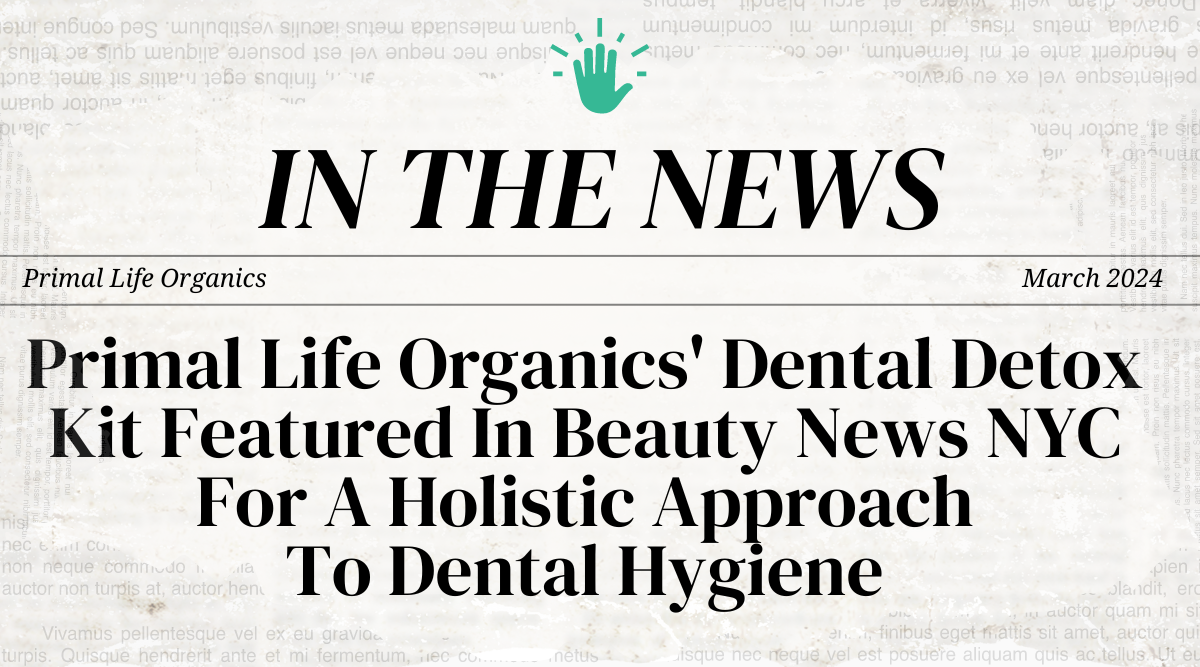
We're thrilled to announce that Primal Life Organics’ Dental Detox Kit has been showcased on Beauty News NYC in an article titled “(The Other) Fountain of Youth.” This feature underscores the Dent...
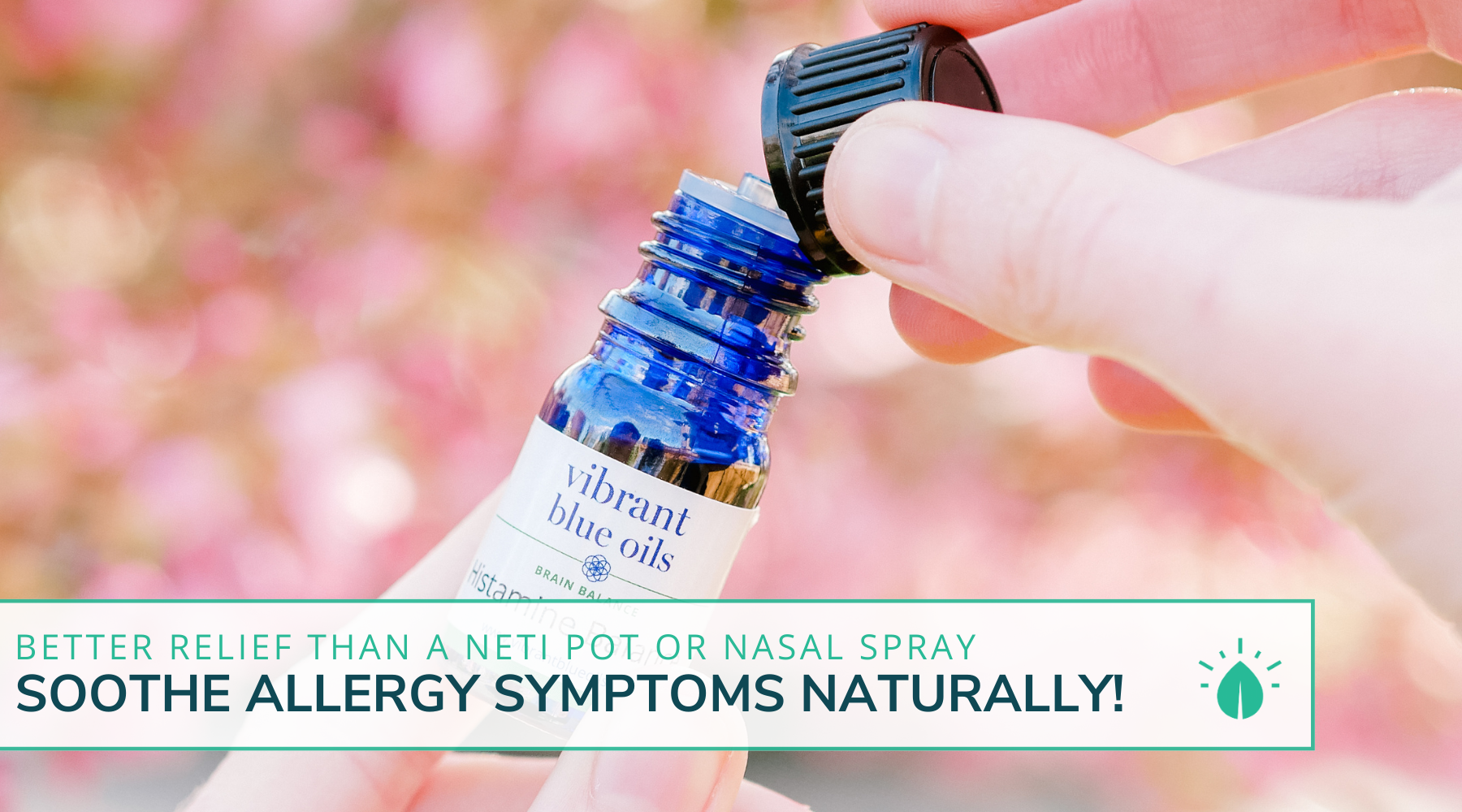
Did you know that more than 50 million Americans suffer from allergies each year?And that number only continues to grow. For many people, allergy symptoms come on quickly when your immune system ...
